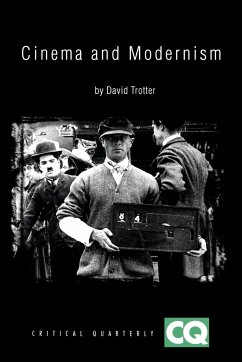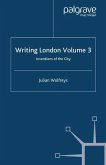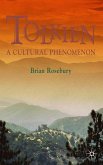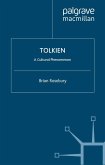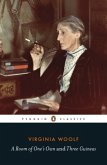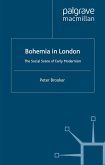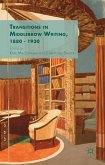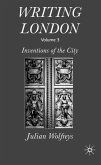This study revolutionises our understanding of both literary modernism and early cinema. Trotter draws on the most recent scholarship in English and film studies to demonstrate how central cinema as a recording medium was to Joyce, Eliot and Woolf, and how modernist were the concerns of Chaplin and Griffith. This book rewrites the cultural history of the early twentieth century, showing how film technology and modernist aesthetics combined to explore the limits of the human. Offers major re-interpretations of key Modernist works, including "Ulysses," " The Waste Land," and "To the Lighthouse" Explores film and film-going in works by Henry James, Frank Norris, Rudyard Kipling, Katherine Mansfield, and Elizabeth Bowen Offers original analyses of crucial phases in the careers of two of the most celebrated film-makers of the silent era, D.W. Griffith and Charlie Chaplin
Hinweis: Dieser Artikel kann nur an eine deutsche Lieferadresse ausgeliefert werden.
Hinweis: Dieser Artikel kann nur an eine deutsche Lieferadresse ausgeliefert werden.
"The great success of Cinema and Modernism derives from theauthor's constant methodological insistence on how cinema andliterature matter for each other in modernism, and his methodologydemands that he deal rigorously with both film and literature ontheir own terms and as mutually constitutive in theirwill-to-automatism. " (James Joyce Quarterly, Summer2008)
"Trotter conducts his enquiry with admirable historicalrigor, rightly castigating approaches which have provedanachronistic in relation to the film-making of the period. He alsowisely avoids simplistic models of causality and influence, infavor of subtler aesthetic 'convergences' and'parallelism'. This grounds his case forinterdependency: that we can't fully understand cinemawithout literary Modernism, and vice-versa." (The Reviewof English Studies, April 2009)
"Trotter conducts his enquiry with admirable historicalrigor, rightly castigating approaches which have provedanachronistic in relation to the film-making of the period. He alsowisely avoids simplistic models of causality and influence, infavor of subtler aesthetic 'convergences' and'parallelism'. This grounds his case forinterdependency: that we can't fully understand cinemawithout literary Modernism, and vice-versa." (The Reviewof English Studies, April 2009)

